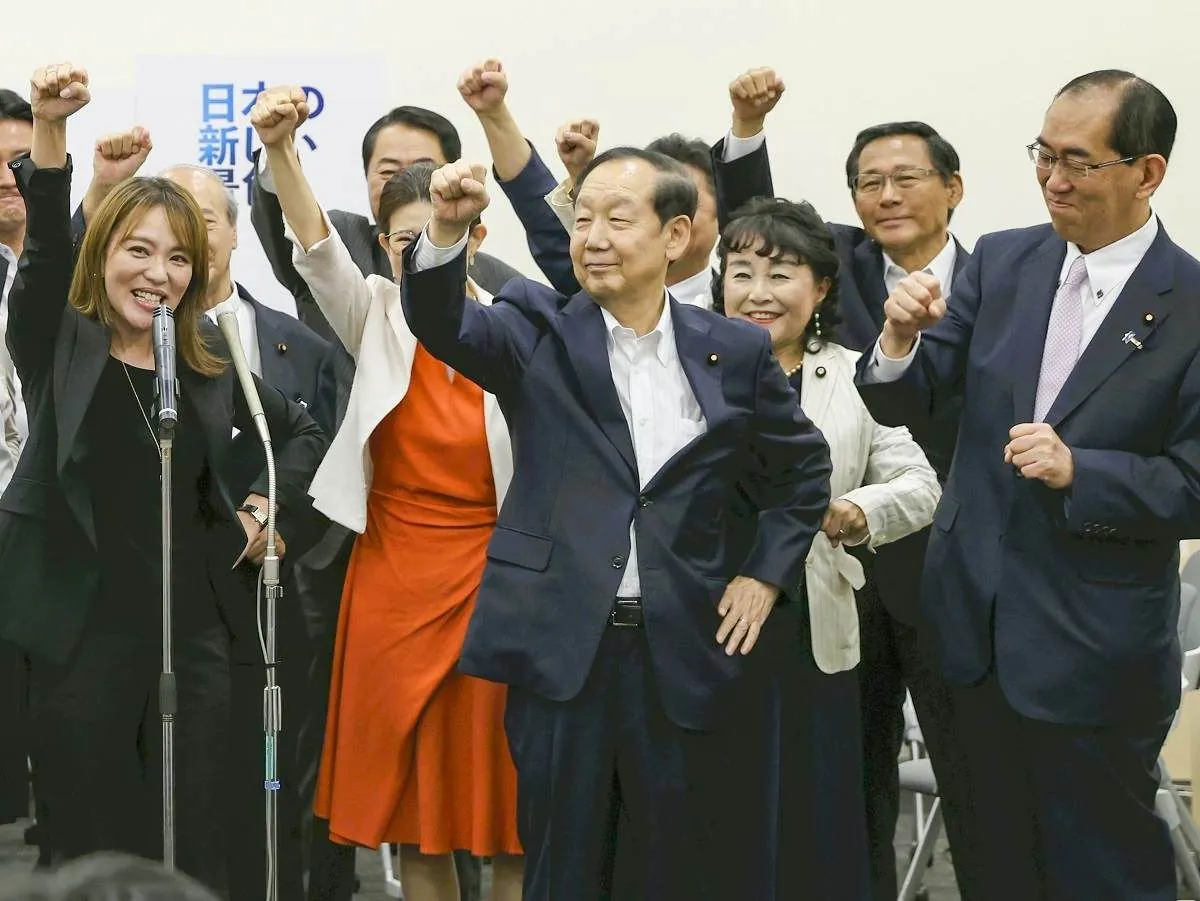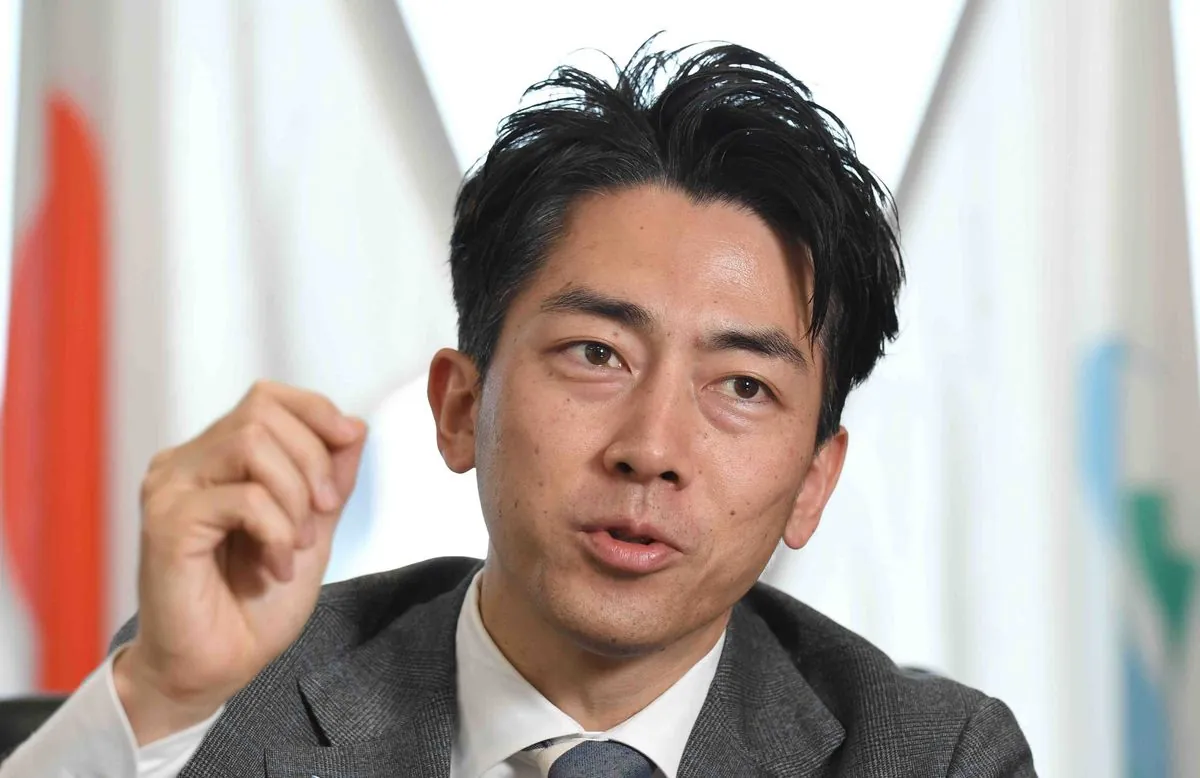Japan's LDP Leadership Contenders Clash on Tax Policies Ahead of Election
Key candidates in Japan's ruling party leadership race present divergent views on taxation. The election, set to determine the next prime minister, showcases differing economic strategies.

In a recent development within Japan's Liberal Democratic Party (LDP), leading candidates for the party's leadership have expressed contrasting views on taxation policies. This debate comes as the party prepares to elect a new leader, who will subsequently become the country's prime minister, replacing the outgoing Fumio Kishida.
Shigeru Ishiba, a former defense minister and prominent contender in the race, has suggested the possibility of increasing corporate taxes. According to Kyodo News, Ishiba stated, > "There are still firms that can bear the tax burden. I would like them to bear it a little more."
This proposal comes at a time when Japan already maintains one of the highest corporate tax rates among OECD countries. However, it's worth noting that Japan faces significant economic challenges, including the highest debt-to-GDP ratio among developed nations and ongoing struggles with deflation.
Another front-runner, Shinjiro Koizumi, previously serving as environment minister, has proposed the introduction of a carbon tax. Koizumi emphasized the potential trade implications, suggesting that if Japan doesn't adopt such a tax, it may face levies on trade with European countries that have already implemented similar measures. This aligns with Japan's ambitious goal to achieve carbon neutrality by 2050.

In contrast, Sanae Takaichi, the minister responsible for economic security, has taken a different stance. She opposes any tax increases for the foreseeable future, stating, > "We should not raise taxes at all until we see a move towards price stability target, where demand exceeds supply."
Takaichi's position reflects the ongoing challenges Japan faces in achieving its 2% inflation target, a goal set by the Bank of Japan in 2013 as part of the "Abenomics" economic policies.
The LDP, which has dominated Japanese politics almost continuously since its foundation in 1955, is scheduled to hold its leadership election on September 27, 2023. This election is crucial as it will determine the direction of economic policies for the world's third-largest economy by nominal GDP.
The divergent views on taxation among the candidates highlight the complex economic landscape Japan faces. With an aging population, low birth rate, and the need for sustainable growth, the next prime minister will need to navigate these challenges while addressing issues such as corporate taxation, environmental policies, and price stability.
As Japan looks towards its economic future, the outcome of this leadership race could have significant implications for both domestic and international economic policies. The elected leader will be tasked with steering the nation through its ongoing economic challenges while maintaining Japan's position on the global stage.


































